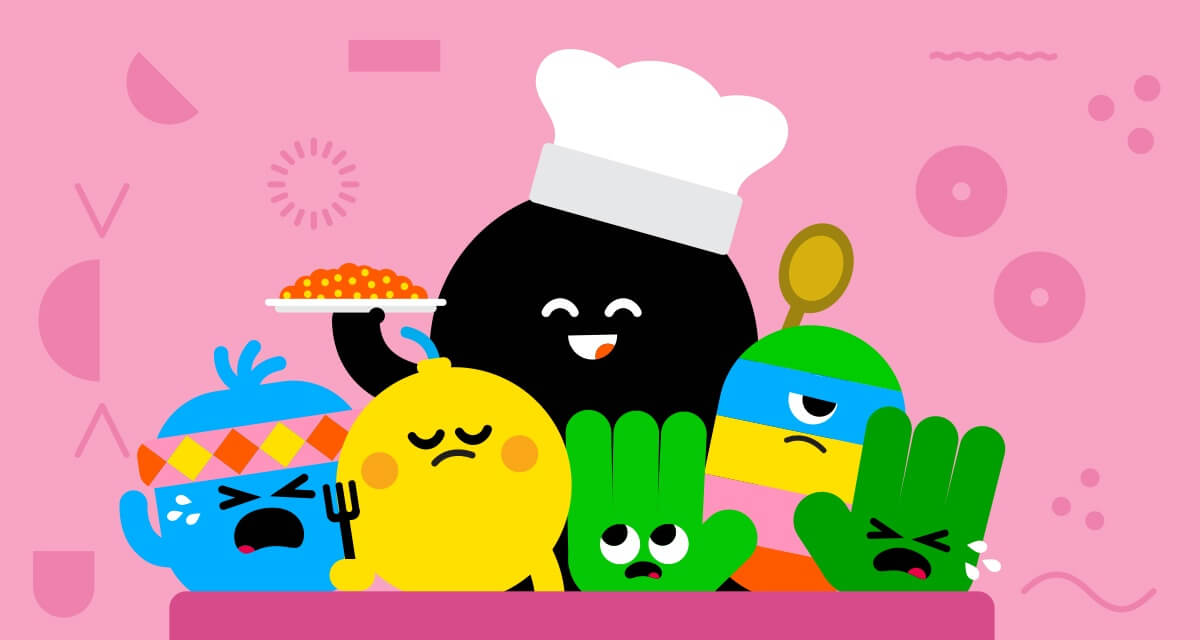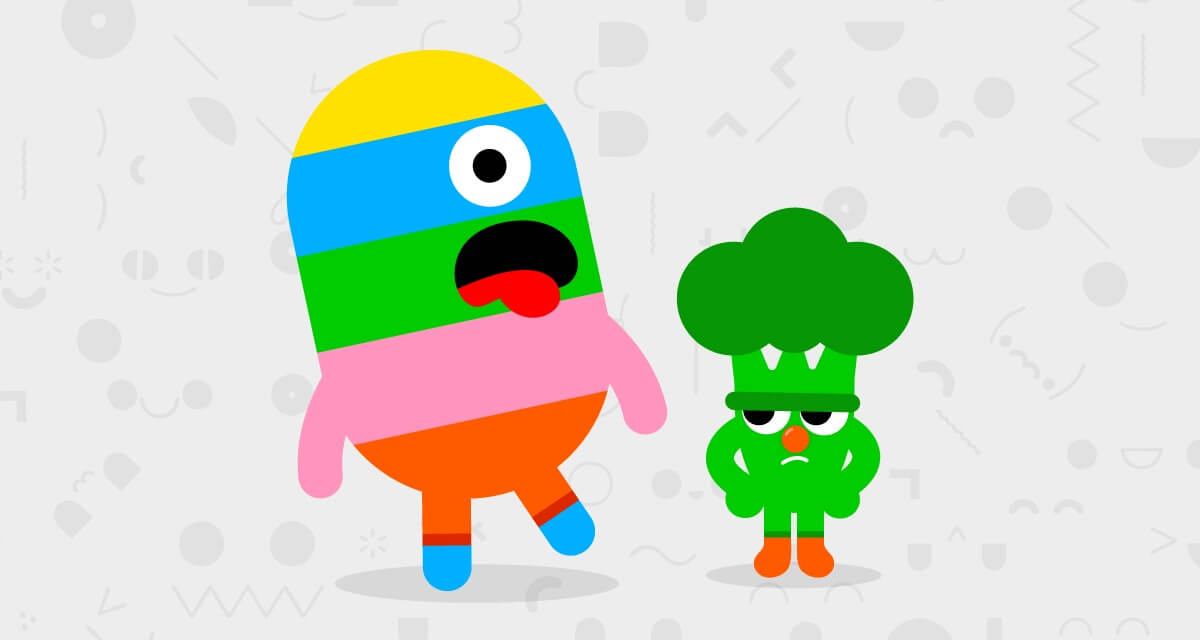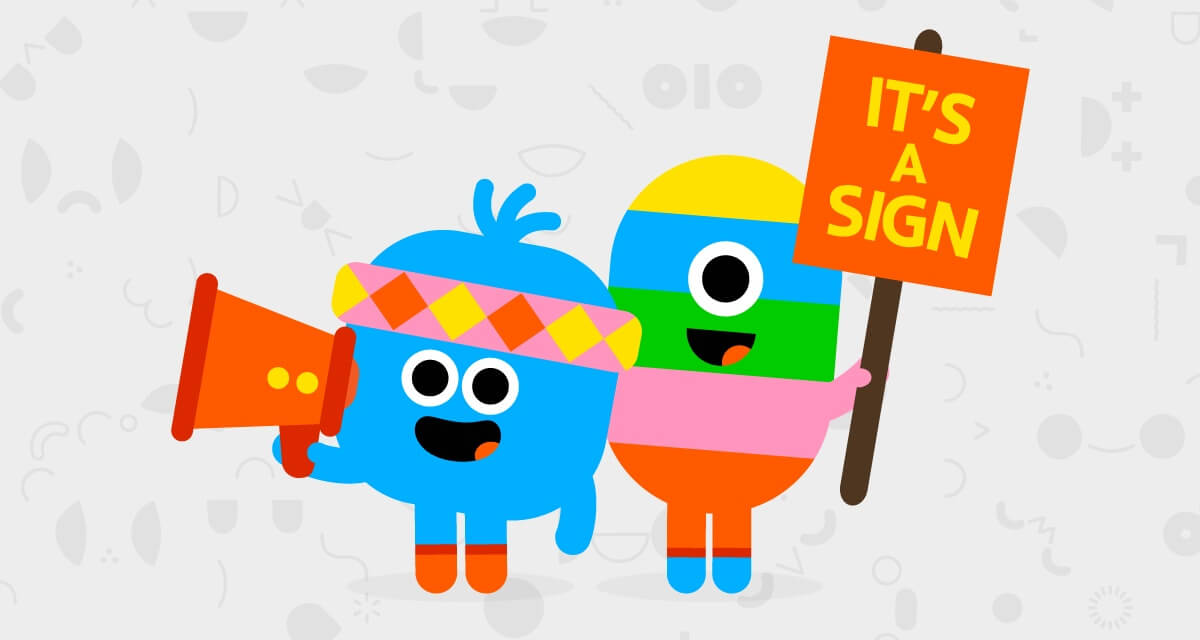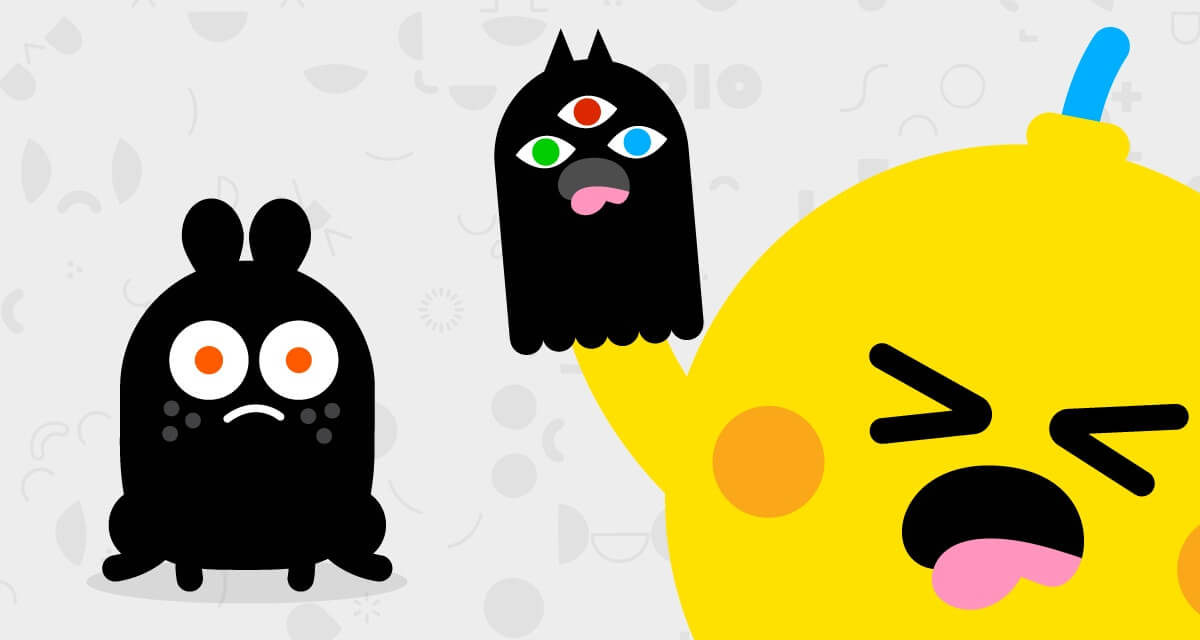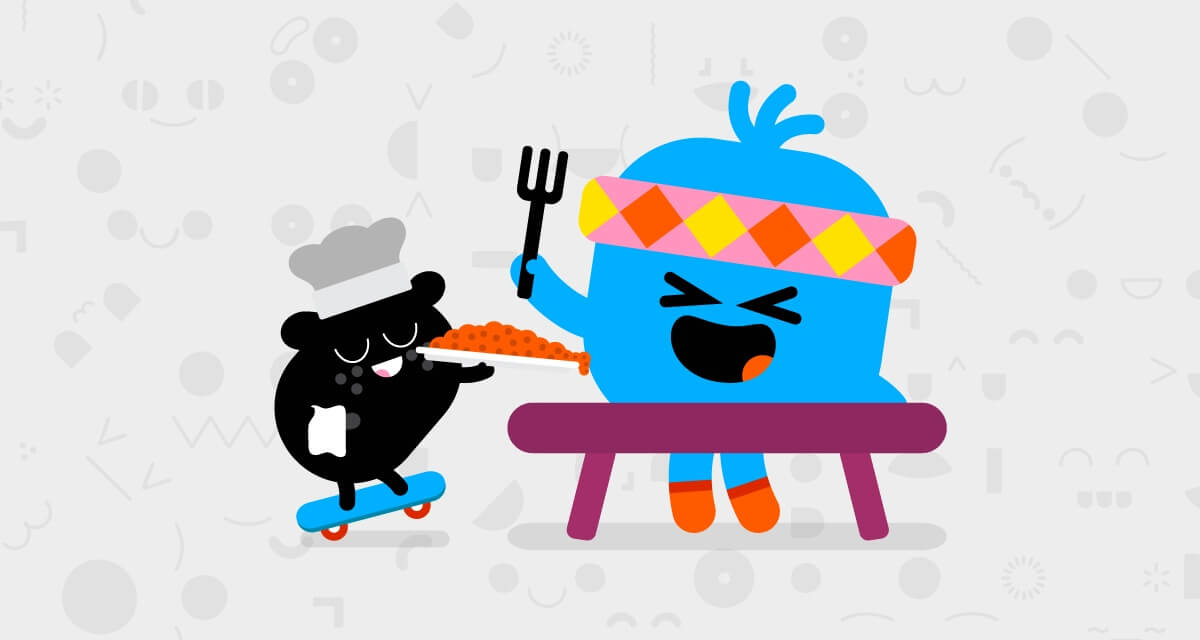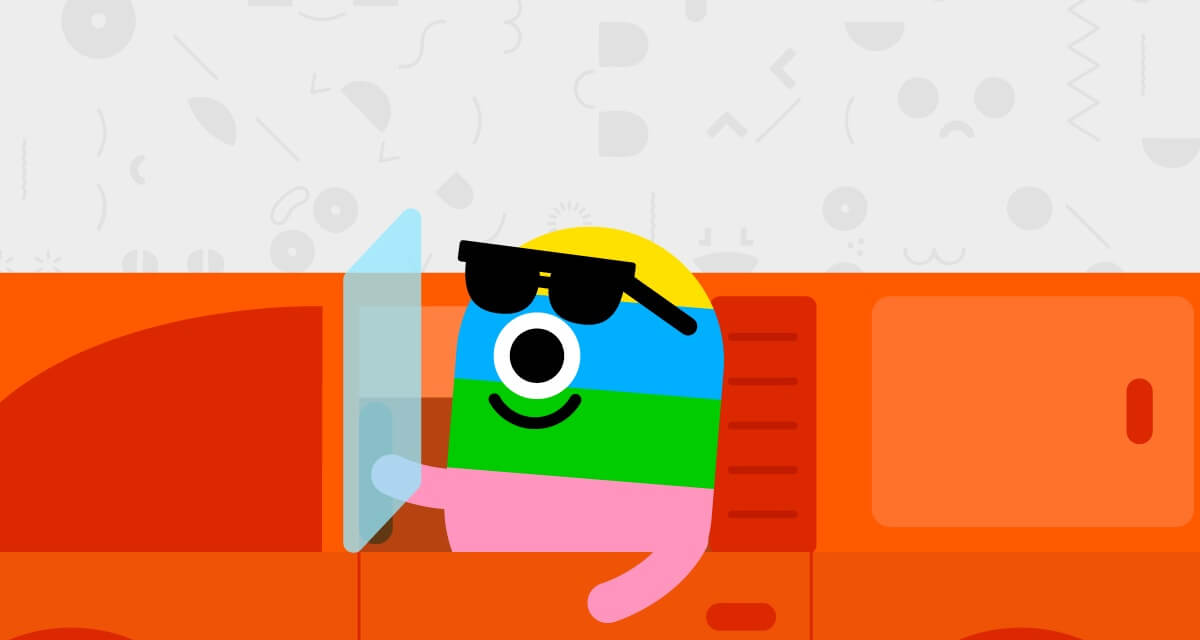From brushing teeth to washing hands to combing hair, some kids see hygiene as a hassle — or worse. Here's what you can do.
- By
- Parker Barry
Most parents give kids personal hygiene reminders every day, often many times a day. To kids, the constant cues to “Brush your teeth. Wash your hands. Comb your hair. Flush! Blow your nose. Bath time! Dentist today, haircut tomorrow,” can begin to sound more like “Blah, blah, blah…” than helpful hints.
From hair washing to toe clipping and everything in between, teaching kids the basics of cleanliness and grooming is one of parenting’s more mundane (sometimes frustrating) duties. Even worse, our kids may begin to take the prompting as personal criticisms.
Yet despite the sighs, eye rolls, and “I don’t want to!” protests, we persevere because it’s important for kids to learn these skills for health and social reasons. Proper hand washing, for example, reduces the number of people who get sick with diarrhea by 31 percent, according to the U.S. Centers for Disease Control.
Ways to build healthy habits
Some parents use charts or other systems that encourage kids to build healthy habits by amassing a certain number of stars and then getting rewards. Hygiene-promoting tools — blinking timer toothbrushes, germ-identifying hand-dye experiments, colored foam bath soap — can also be novel motivators.
While I’ve tried some of the above methods with my kids, I prefer the more direct route of explaining why a hygiene habit is important and then having the expectation that they will respond to the facts (with some reminders, of course). After all, feeling good, looking good and taking care of one’s body should be a reward unto itself.
Using simple “if … then” statements as explanations can help: “If you don’t wash your hands, then you’re more likely to get sick.” And it can help to add some creative fun to the mix. You can find books, fun websites and cute videos online related to almost any hygiene habit. I sang a tooth-brushing song that I learned when I was a kid from a commercial (which looks a bit spooky now but I loved at the time) to my kids so much that they can still sing about brushing their teeth “round and round, circles small, gums and all” on cue.
Sometimes fear is a factor
Generally, hygiene tasks just seem boring for kids, but some have at least one that’s more than a minor annoyance. Some kids fear dentists, others cringe at getting their nails trimmed. For my son, it’s haircuts. As a toddler, he was afraid that his ear would be cut off or that haircuts would hurt for other unknown reasons.
As soon as he was old enough to assert himself, he flatly refused to let scissors touch his hair. As a result, there were few haircuts during those years and his hair was quite long until he outgrew this fear with the help of a trusted hair stylist. Years later, haircuts aren’t nearly as dramatic, but they still remain his least favorite event.
Enlist help from the heavyweights
So what does a parent do if all of our best efforts at encouraging, explaining, reminding, cajoling, demanding, and incentivizing an important hygiene habit don’t work?
At this point, it may be necessary to enlist the heavyweights. Ask your dentist or doctor to make an impression on your kid as to why this task is non-negotiable. After hearing a parent say, “You have to brush longer than 10 seconds to get your teeth clean,” for weeks, the message loses impact. Hearing the dentist say the same thing — and then handing your kid a two-minute sand timer — lends gravity to the message. (This is especially effective at the end of an appointment in which they’ve filled a cavity.)
Brainstorm ways to make it better
It’s also useful to consider what factors cause your kid to dislike the task. Ask them what they don’t like about it and brainstorm ways to make it better together. For example, does the shampoo or body soap they’re using bother their skin or eyes? Is the bathroom sink too high for comfortable hand washing, and could a step stool solve the problem? Does your kid know how to blow their nose so that it’s effective and neat? They may need a specific lesson in which you (or an online video) model exactly what to do.
Finally, we may need to assess whether all of our expectations are realistic or if there’s a “good enough for now” level at which we can meet our kids in the middle. If a kid really hates showers and baths, could tub time every other day do the job for now? Being firm that they need to take care of themselves, while staying flexible about how it’s done, can often solve the conflict.
We may need to assess whether all of our expectations are realistic.
Hygiene lessons may never be our kids’ fondest childhood memories, but someday they may grow to appreciate that those habits we helped them build are relatively tiny life tasks that make a big impact on their overall well-being.
What’s your kid’s least favorite hygiene task? How do you make healthy habits more fun?

